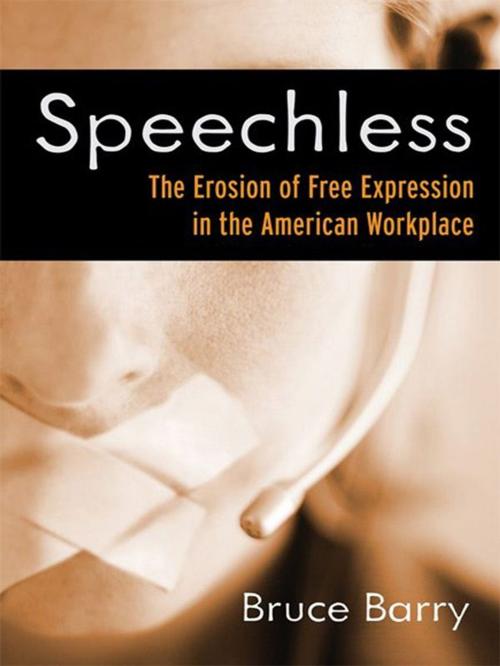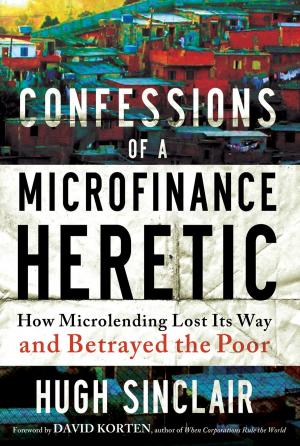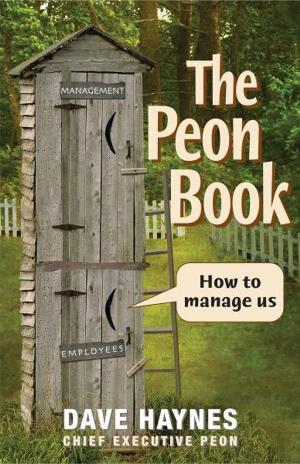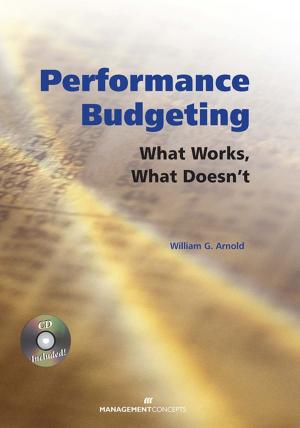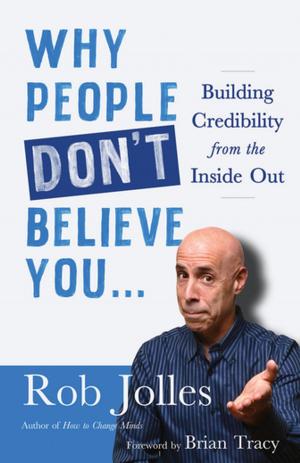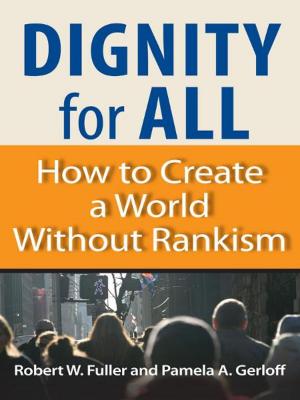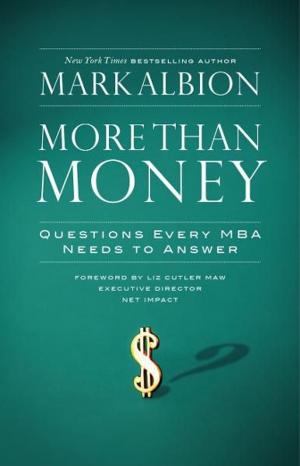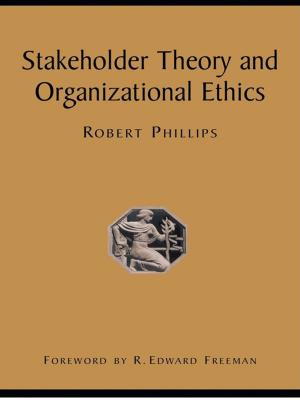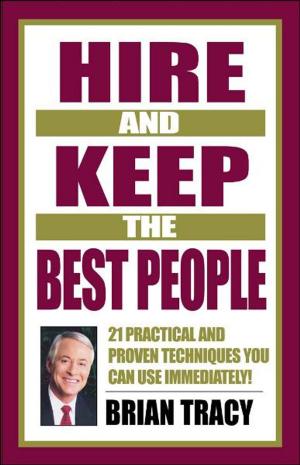Speechless
The Erosion of Free Expression in the American Workplace
Nonfiction, Social & Cultural Studies, Political Science, Politics, Civil Rights, Social Science, Sociology| Author: | Bruce Barry | ISBN: | 9781609943455 |
| Publisher: | Berrett-Koehler Publishers | Publication: | June 18, 2007 |
| Imprint: | Berrett-Koehler Publishers | Language: | English |
| Author: | Bruce Barry |
| ISBN: | 9781609943455 |
| Publisher: | Berrett-Koehler Publishers |
| Publication: | June 18, 2007 |
| Imprint: | Berrett-Koehler Publishers |
| Language: | English |
A factory worker is fired because her boss disagrees with her political bumper sticker. A stockbroker feels pressure to resign from an employer who disapproves of his off-hours political advocacy. A flight attendant is grounded because her airline doesn't like what she's writing in her personal blog. Is it legal to fire people for speech that makes employers uncomfortable, even if the content has little or nothing to do with their job or workplace? For most American workers, the alarming answer is yes. Speechless takes on the state of free expression in the American workplace, exploring its history, explaining how and why Americans have come to take freedom of speech for granted, and demonstrating how employers can legally punish employees for speaking their minds. Bruce Barry shows how constitutional law erects formidable barriers to free speech in workplaces, while employment law gives employers wide latitude to suppress speech with impunity--even speech that is unrelated to the job or the company. Employers, with rights of property ownership over not just what they manage but how they manage, can decide just how much employee speech they will tolerate. Workers have little choice but to accept conditions of employment or go elsewhere. Barry argues that a toxic combination of law, conventional economic wisdom, and accepted managerial practice has created an American workplace in which freedom of speech--that most crucial of civil liberties in a healthy democracy--is something you do after work, on your own time, and even then (for many), only if your employer approves. Barry proposes changes both to the law and to management practice that would expand employees' expressive rights without jeopardizing the legitimate interests of employers. In defense of freer speech in and around the workplace, Barry argues that a healthy democracy depends in part on the experience of liberty at work. Workplaces are key venues for shared experience and public discourse, so workplace speech rights matter deeply for advancing citizenship, community, and democracy in a free society.
A factory worker is fired because her boss disagrees with her political bumper sticker. A stockbroker feels pressure to resign from an employer who disapproves of his off-hours political advocacy. A flight attendant is grounded because her airline doesn't like what she's writing in her personal blog. Is it legal to fire people for speech that makes employers uncomfortable, even if the content has little or nothing to do with their job or workplace? For most American workers, the alarming answer is yes. Speechless takes on the state of free expression in the American workplace, exploring its history, explaining how and why Americans have come to take freedom of speech for granted, and demonstrating how employers can legally punish employees for speaking their minds. Bruce Barry shows how constitutional law erects formidable barriers to free speech in workplaces, while employment law gives employers wide latitude to suppress speech with impunity--even speech that is unrelated to the job or the company. Employers, with rights of property ownership over not just what they manage but how they manage, can decide just how much employee speech they will tolerate. Workers have little choice but to accept conditions of employment or go elsewhere. Barry argues that a toxic combination of law, conventional economic wisdom, and accepted managerial practice has created an American workplace in which freedom of speech--that most crucial of civil liberties in a healthy democracy--is something you do after work, on your own time, and even then (for many), only if your employer approves. Barry proposes changes both to the law and to management practice that would expand employees' expressive rights without jeopardizing the legitimate interests of employers. In defense of freer speech in and around the workplace, Barry argues that a healthy democracy depends in part on the experience of liberty at work. Workplaces are key venues for shared experience and public discourse, so workplace speech rights matter deeply for advancing citizenship, community, and democracy in a free society.
